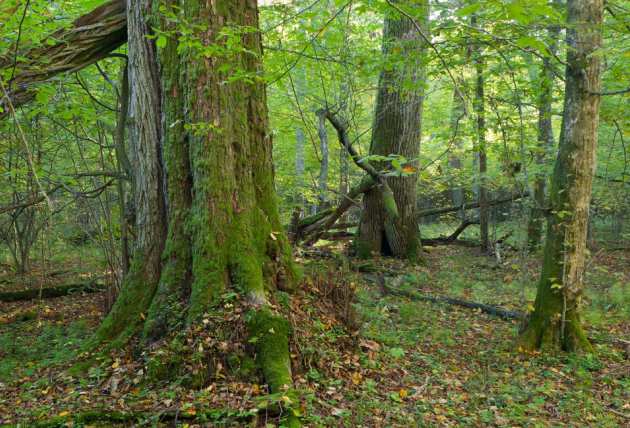 The human race is entirely dependent on the ecosystems that feed us, regulate our environment and recycle our wastes. They provide all we need to survive and thrive. Over the past 100 years, humans have changed ecosystems more rapidly and extensively than in any comparable period in history. There have been net gains in human well-being and economic development, but these gains have been achieved at growing cost in the form of environmental degradation, loss of biodiversity and depletion of natural capital.
The human race is entirely dependent on the ecosystems that feed us, regulate our environment and recycle our wastes. They provide all we need to survive and thrive. Over the past 100 years, humans have changed ecosystems more rapidly and extensively than in any comparable period in history. There have been net gains in human well-being and economic development, but these gains have been achieved at growing cost in the form of environmental degradation, loss of biodiversity and depletion of natural capital.
Many options exist to reverse ecosystem degradation, but an understanding of the ecological systems and science is just a starting point. Understanding how the science interacts with policies, institutions, and practices is vital to achieve real change.
The Environmental Resource Management* option is designed to provide students with a thorough understanding of how ecological principles can be applied to the management and conservation of natural resources and ecosystems, as well as practical skills and techniques.
Throughout the option emphasis is placed on how best to inform management and conservation decisions using tools that range from geographical mapping software and biodiversity appraisal to life cycle analysis. The important influence of institutional arrangements and economic forces on resource use and management decisions is also a key theme.
Practical applications of ecological, institutional and economic concepts are illustrated by case studies, practical sessions, seminars and workshops. These are augmented by field trips and frequent contact with outside organisations responsible for environmental management. The option draws on a wide range of speakers with first-hand experience of environmental and ecological management in both the developed and developing world.
Students graduating from this option will be well placed to make informed decisions relating to real-world problems and able to identify and evaluate practical management options.
Further information
Aims
- To equip students with the interdisciplinary knowledge and skills to embark on a career in natural resource management and to engage and interact with professionals in these disciplines.
Objectives
- To provide students from natural science, engineering, social science and other backgrounds with a broad understanding of issues, methods and underpinning philosophies in contemporary natural resource and ecosystem management.
- To produce graduates capable of combining the scientific, economic and policy aspects of resource management and conservation, so that they can draw conclusions of strategic significance for governments, companies and NGOs.
This course is particularly well-complemented by the Climate-KIC Added Value programme. Successful applicants onto our MSc, regardless of Option, can apply to attend the Journey summer school and work to develop innovative solutions to climate change problems with like-minded students from around Europe
(* Prior to 2015 this option was called Ecological Management)